This post is part of series by Brookings experts on Trump’s 1st State of the Union.
The day after Donald Trump took the oath of office, hundreds of thousands of women traveled to Washington, D.C., to demonstrate their opposition to the new president. They marched to condemn what they perceived to be Trump’s sexist statements, anti-immigrant policies, Islamophobia, and hate-mongering. They listened as speakers championed a far-reaching progressive policy agenda. An estimated three million women participated in similar marches and rallies on the same day in 550 cities and towns throughout the United States.
Marching wasn’t the only way that women began speaking out against the new president and his administration. Nonprofit organizations opposed to Trump’s agenda reported a surge in donations. Organizations that recruit women to work on campaigns, or even run for office themselves, started to see a record number of people at their training events. And a Democratic wave—if the 2017 state legislative elections in New Jersey and Virginia are any indication—was set into motion.
It’s against this backdrop of women’s activism that Donald Trump will deliver his first formal State of the Union address. He’s unlikely to acknowledge women’s political empowerment, mention sexual harassment or the #MeToo movement, advocate for pay equity, or call on Congress to pass paid leave legislation. But probably to Trump’s chagrin, it’s his silence on these issues, coupled with his bellicose, exclusionary rhetoric regarding so many others, that will continue to drive progressive women’s activism.
The results of a Politico/American University/Loyola Marymount University poll from May 2017 help explain why.
Our survey found that 70 percent of Democratic women were “appalled” by Trump’s victory, more than two-thirds were “shocked” by it, and more than half reported feeling “angry” and “depressed.” Nearly three-quarters of Democratic women reported “a sick feeling” when they saw Donald Trump on the news. In fact, when asked whether they’d rather have a colonoscopy or a private lunch with Trump, more than half of female Democrats chose the colonoscopy. But that’s not all. More than a quarter of Democratic women would rather spend a night in jail than at the Trump White House.
These reactions certainly represent a damning indictment of Donald Trump. But they’re more than just talk. The women with the most visceral reactions were roughly four times more likely to engage politically after Trump’s victory than they were before it—this goes for signing a petition, attending a march or rally, donating to a candidate or cause, or communicating about politics via social media.
Beyond these political activities, Trump’s presidency seems to have encouraged some women to take the ultimate plunge and run for office. This doesn’t mean that we’ve closed the gender gap in political ambition. It’s well known that, even among Democrats, women are much less likely than men to run for office. But our survey data suggest that the small group of Democratic women who, for the first time, have thought about or actually chosen to throw their hats into the ring this cycle attribute their (potential) candidacies to Donald Trump.
All of this might be lost on the president as he delivers the State of the Union address. He’s never been particularly concerned about female voters, and this goes beyond bragging cavalierly about grabbing and kissing women whenever and wherever he feels like it. Trump has not addressed pay equity, paid leave, or child care subsidies—all of which he promised he would in his first year in office. He’s done everything he can to limit women’s reproductive health options. And he responded to the hundreds of thousands of women and girls who took to the streets for the Second Women’s March to condemn his first year in office with a disdainful tweet: “Beautiful weather all over our great country, a perfect day for all Women to March. Get out there now to celebrate the historic milestones and unprecedented economic success and wealth creation that has taken place over the last 12 months. Lowest female unemployment in 18 years!”
As he reports on the state of the Union, if Trump mentions women at all, it will likely be with dismissive sarcasm. The irony of course, is that this is the very tone and substance that have motivated more Democratic women to get involved in politics than ever before. It’s the very tone and substance that will likely allow the Democrats to take back the House and maybe even flip the Senate in November. And it’s the very tone and substance that will probably result in a female Speaker of the House sitting behind Trump as he delivers next year’s address.
The Brookings Institution is committed to quality, independence, and impact.
We are supported by a diverse array of funders. In line with our values and policies, each Brookings publication represents the sole views of its author(s).

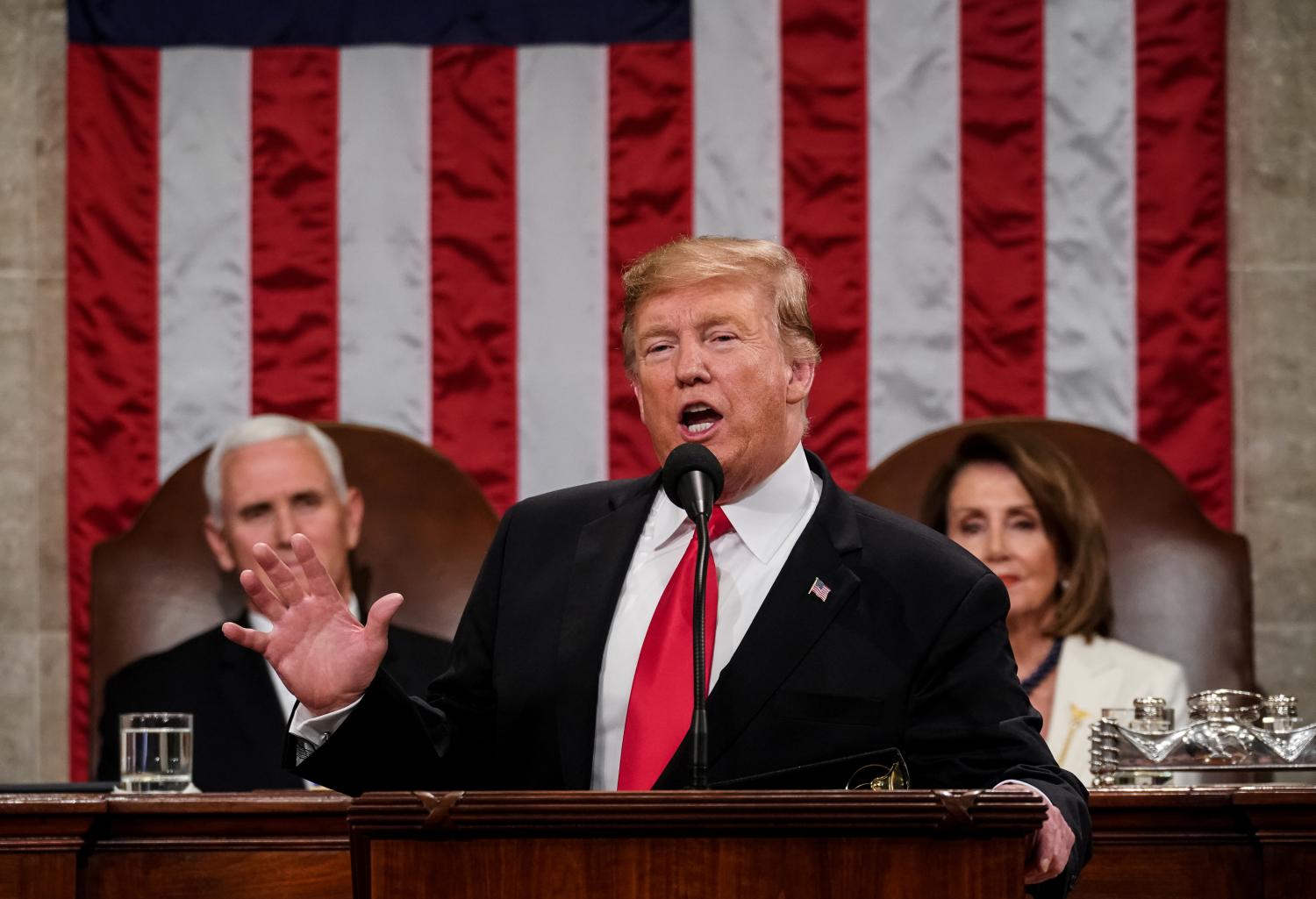
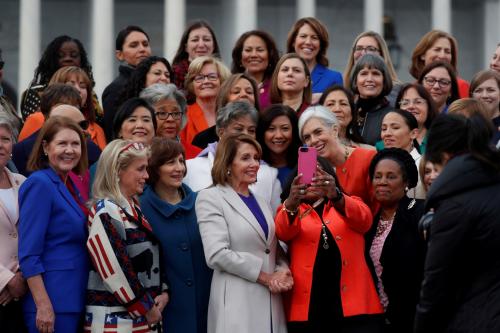
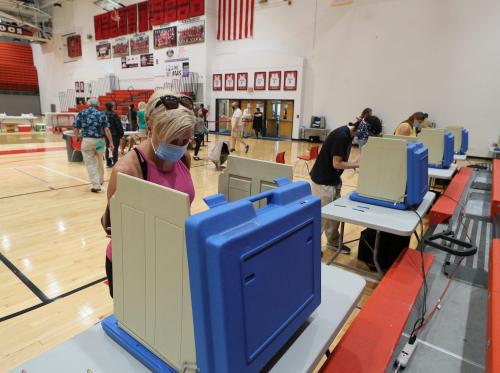
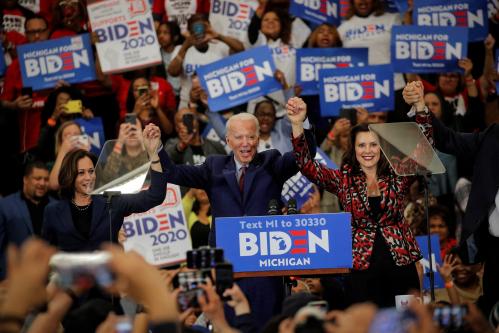
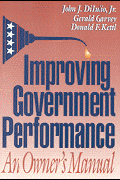





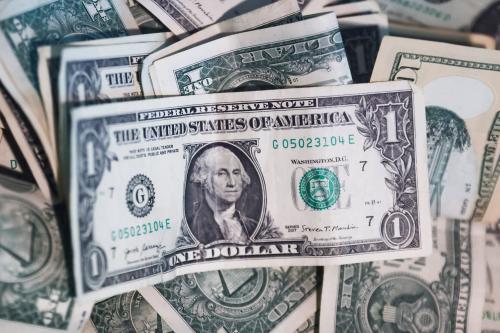
Commentary
Trump’s 1st State of the Union: Empowered, politically active women will be watching
January 26, 2018